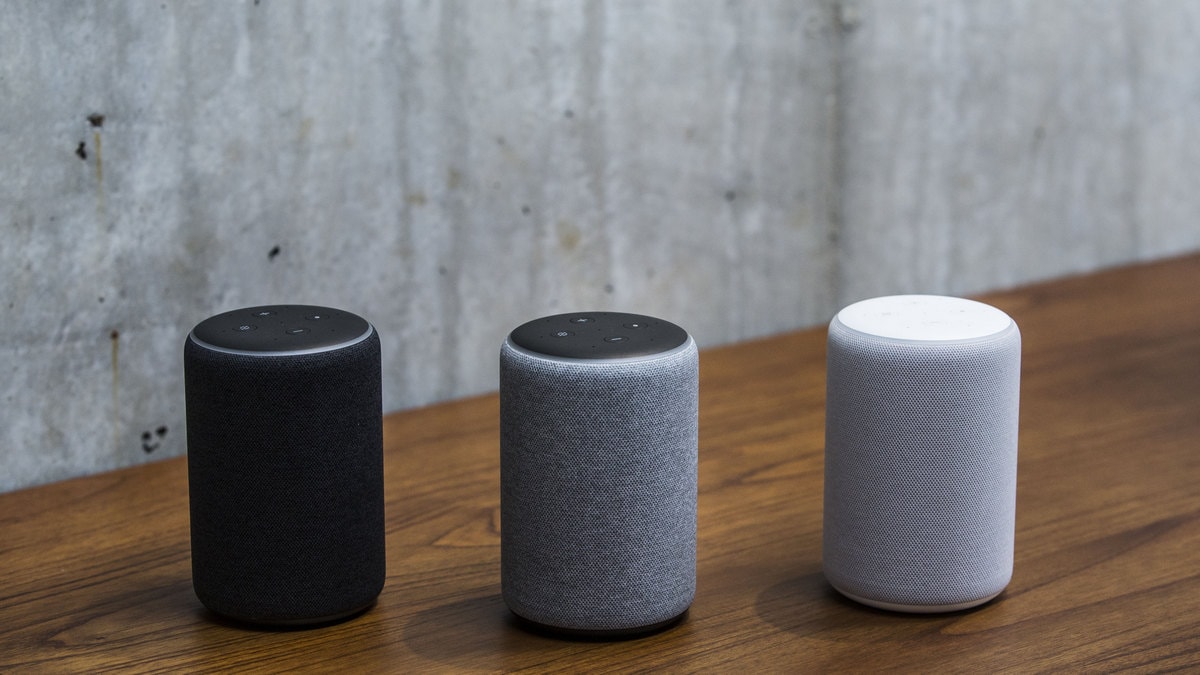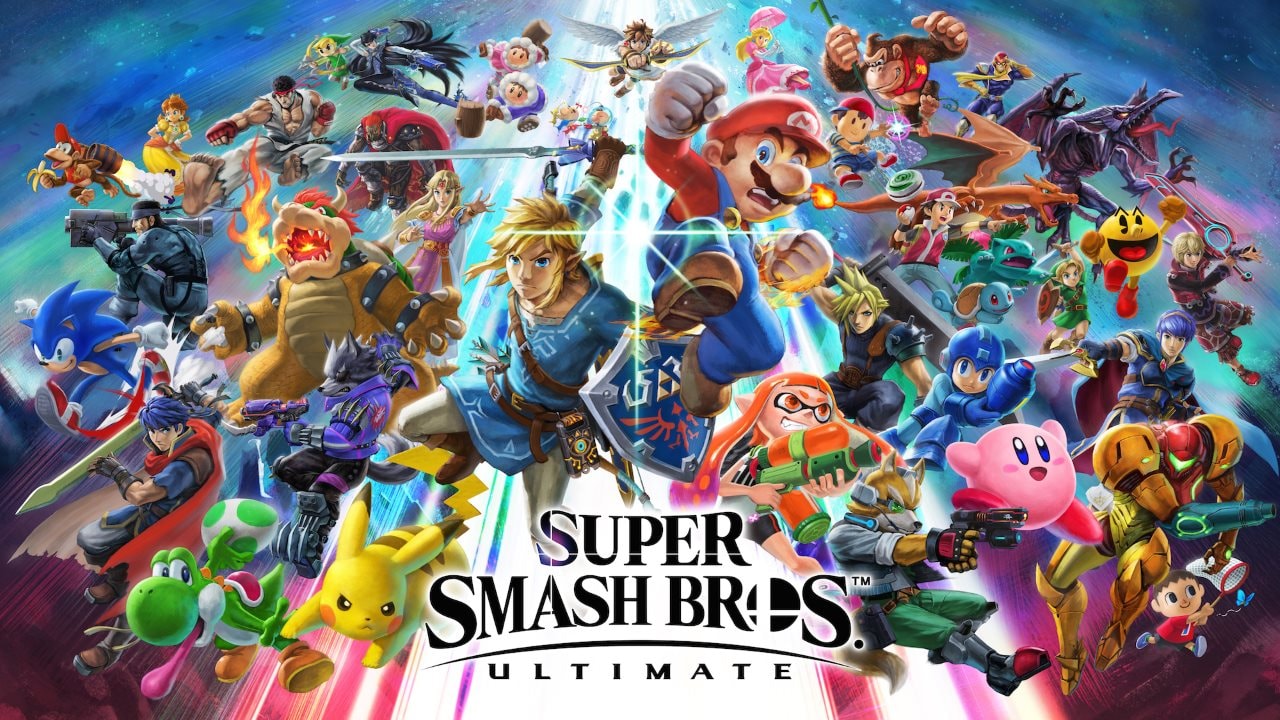With the PS4, Xbox One, Nintendo Switch, Windows, iOS, and Android, developers aren’t short of platforms to make games for. And while all of these have a visual component with their graphics being a selling point, voice-based assistants like Amazon’s Alexa don’t enjoy that luxury. This, however, hasn’t stopped eager creators such as the Mumbai-based Boltd from developing games on it. The has already developed four games — or skills as they’re known on the platform — for Alexa. Gadgets 360 spoke to founder Vishal Golia to find out about the state of developing skills for Amazon Alexa.
Although, some Alexa-powered devices like Echo Show and Echo Spot ship with a screen, for most part, the interaction tends to be audio-only.
“There is visual representation on very few screens,” says Golia .”There are devices that are screen-enabled like the Echo Spot and the Echo Show or a TV with Fire Stick. At the same time, the proliferation of those devices, in terms of percentage is perhaps, in my estimate, single digits compared to all the Echo or Alexa-enabled devices that are out there.”
To Golia this presents an intriguing challenge — designing a game for no screens. The company first cut it teeth with a Game of Places. In this game, Alexa would say the game of the place and users need to reply with the name of another place that starts with the last letter of the previous word. It’s as basic as it can get and got Golia and once this game was out there, his team thinking about more innovative ideas.
“For us, the big question was ‘how do we make it worth a user’s time?’,” he explains. “The most obvious genres are trivia and quiz. We wanted to do something different compared to what’s out there. There are a lot of trivia games on the Alexa platform. Let’s put a spin on it, let’s make it funny. Let’s put the content in such a way that people get a chuckle out of it as they’re playing it.”
This resulted in the Impossible Bollywood Quiz. The underlying thought, according to Golia, was not so much to test a user’s knowledge of Bollywood but to “present them in such a way where people found it funny”
“Even Alexa’s prompts and dialogues were done differently,” he says. “It would say things like ‘main Alexa Bachchan’ putting a spin on how Amitabh would say things. We put it out there, we thought that we’ll see what happens.”
It turns out that Golia’s decision paid off, with the game getting the attention of Amazon itself.
“Users noticed it, we saw the activations of the skill rise,” he says. “One fine day the Alexa store editing team noticed it and thought it was cool. They went ahead and featured it.”
Getting ‘featured’ in developer parlance usually means that the platform holder ensures the game or app gets top billing on a storefront to a wide audience. While Amazon did just that via the Alexa store, it did even more.
“They send mailers of what’s new in Alexa and they put it there,” he says. “There were Facebook ads for Alexa too and they put an image of the skill saying you can play it on Alexa.”
That said, in terms of metrics there’s little to go by. Golia says data from Amazon on how users are interacting with skills isn’t as detailed as it could be, being scant for developers versus other platforms, making it tougher to decide what to do next.
“The information we get is very little,” he says. “Sure, it’s very early days for the platform, but it leads to some frustration when you’re used to the extensive analytics you get from Google. From what we’ve seen and from what the Alexa team tells us, primarily everything [in terms of an audience] is the Echo without the screen.”
“They have a metric called utterances which is how many times a user interacts with your skill,” he says. “Though they look at other cohorts, if you have a lot utterances it means that people have really interacted with your skill.”
With four skills — Guess the Voice and Daily Cricket Trivia being the other two — already out, Golia claims Boltd is one of the first studios in India to get a pay out.
“We already got paid for two months,” he says. “It’s a good this that there’s money coming to you.”
As for the user base for Alexa. Outside of Amazon announcing 100 million Alexa-enabled devices at the beginning of the year, there’s been little else to go by.
Per Golia’s estimates, he believes “the bulk of users” for Amazon Alexa are Echo Dot users at this point due to its relatively low price.
“What we’ve seen is that the Echo is essentially a family device,” he says. “People usually put it in their living room. There are people who have multiple devices as well, one at office, one at home, and some people have one in each room.If you were to generalise and take the bulk, it’s one device multiple people. Kind of like the PC in the 80s and 90s.”
What’s more is, there are distinct differences on what skills do better in different markets.
“Our Guess the Voice game had two different data sets,” he says. “One for India celebs; one for US, UK, and Canada. We saw the numbers were maximum with Western audiences. The Indian numbers weren’t that great. Ideally we just don’t want to make something just for India, the market size is no comparison right now.”
Finally, we had to ask if the recent spate of privacy controversies is a deterrent for more users coming onto the platform.
“Every time you see that there’s news about Alexa or its moderators listening to something, I get that part,” he says. “But at the same time I don’t know if people would care? Indians in general are less prone to this, thinking it’s fine. In the West it’s a big deal. Though, I don’t know a single American contact of mine — and there are lots of them — who doesn’t have an Echo at home. It is a concern. There will be teething problems with any platform. Though it’s impossible for a company of Amazon’s size to get away without putting proper checks in place.”
If you’re a fan of video games, check out Transition, Gadgets 360’s gaming podcast. You can listen to it via Apple Podcasts or RSS, or just listen to this week’s episode by hitting the play button below.



